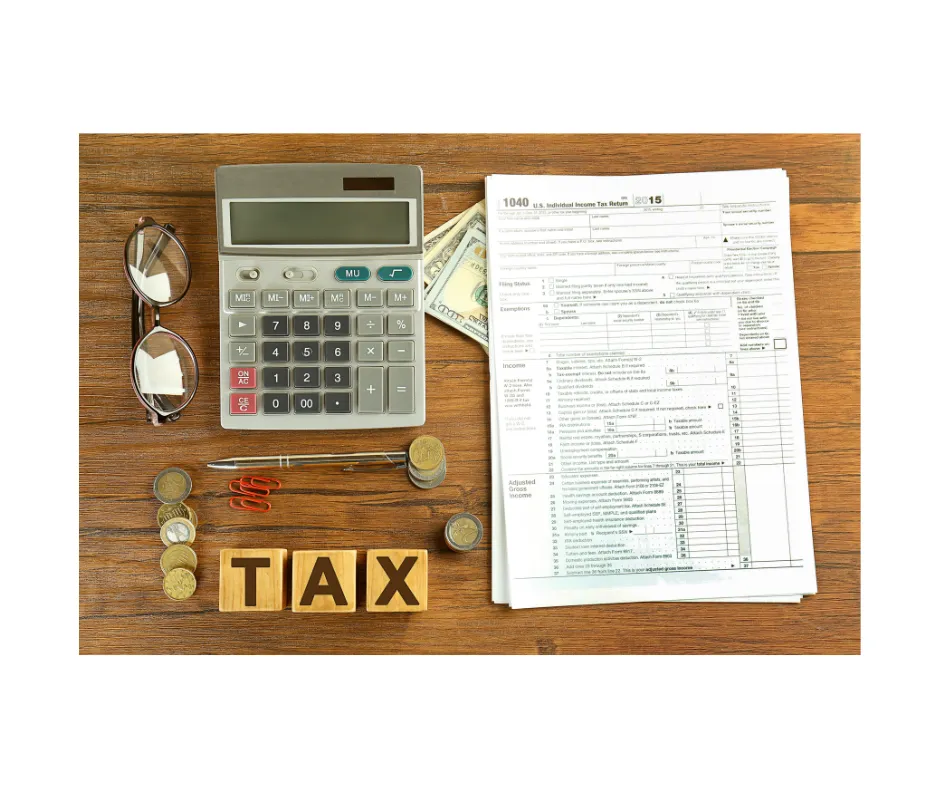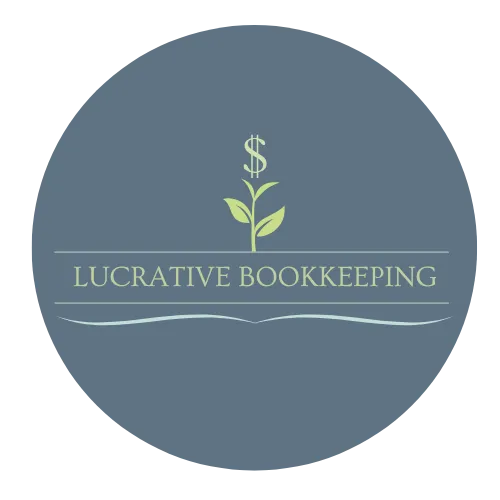Blog

Cash vs. Accrual Accounting for Florida Contractors: How Does it Impact Your Taxes?
Florida construction businesses face unique accounting challenges -particularly when managing taxes and cash flow. One of the most critical decisions construction firms must navigate is using cash or accrual accounting methods. Each approach has distinct benefits and implications, especially at tax time.
So, what's the difference, and which method should your Florida construction firm choose?
Understanding Cash vs. Accrual Accounting
Cash basis accounting is straightforward: income is recorded when received, and expenses when paid. For construction firms, this typically means that if you receive a deposit upfront for a job, that payment immediately counts as income. Conversely, if you've completed a project but haven't been paid yet, that revenue isn't recorded or taxable until the money is in your control (i.e., you received the check or bank transfer).
Accrual basis accounting, however, is a bit different. Income is recognized when earned, and expenses when incurred—regardless of when cash exchanges hands. This approach provides a clearer picture of long-term profitability and can help you manage larger projects more effectively by matching revenues to expenses within the same reporting period.
How does this affect the taxes of Florida Construction Firms?
As you know, delays in payments are common in the construction industry. Imagine you've completed a profitable $100,000 roofing or HVAC installation project, but your client is taking 60 or 90 days to pay. Under accrual accounting, you'd be required to report—and thus pay taxes—on the full amount in the current year, even though you haven't received the cash yet. That can be rough!
On the other hand, under cash basis accounting, that same $100,000 would not be taxable until the money is in your control. For tax purposes, this approach is often preferable for many Florida contractors, especially smaller firms or specialty trades like plumbing, HVAC, roofing, flooring, or electrical, where managing cash flow is critical.
Can You Use Both Methods?
The good news is that you don't necessarily have to choose just one method exclusively. Many Florida construction companies benefit from using both methods simultaneously:
Accrual accounting for internal/management reporting helps provide a more accurate view of project profitability and company performance. (We recommend this as you approach the $1 Million in annual revenue or higher range)
Cash accounting for tax reporting ensures you aren't paying taxes on money you haven't collected yet, improving cash flow and easing financial strain.
While managing both accounting methods may require additional effort (and likely an extra fee from your accountant or tax preparer), the benefits often outweigh the costs.
Important Florida Considerations
As your Florida construction firm grows, remember that the IRS has guidelines around accounting methods based on revenue size. Once your annual revenues approach approximately $31 million (a threshold annually adjusted for inflation), you'll be required to transition to accrual accounting for tax purposes. Even if this isn't your immediate situation, it's worth planning for, especially if your company is steadily growing.
What's Next?
Not sure which accounting method fits your Florida construction business best? Check with your tax professional or accounting advisor. They can help you understand your situation and make the best choice—ensuring you're prepared, compliant, and financially sound.
Don't already have an accountant or tax preparer? Feel free to schedule a call to see if we'd be a good fit for you. We specialize in helping Florida contractors, builders, and trade businesses manage their finances and optimize tax strategies.


Lucrative Bookkeeping
(727) 291-8857
690 S Main St. #783
Safety Harbor, FL 34695
Copyright © 2026 Lucrative Bookkeeping




